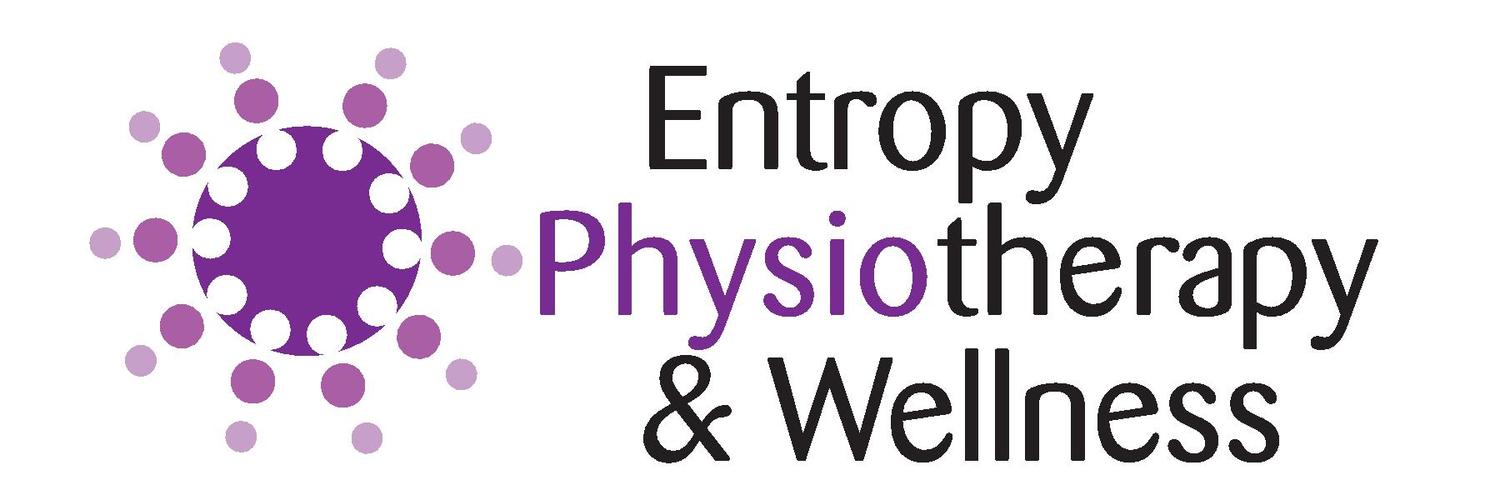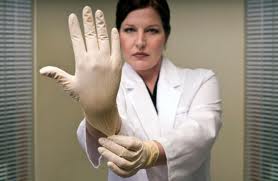Medically Induced Healthcare Issues
/Healthcare can do better....
This weekend I had the good fortune to attend a wonderful course, Comprehensive Management of Bowel Dysfunction. As a pelvic health physio, patients with gastrointestinal, digestive, and bowel issues are always challenging. And the fact of the matter is, if you ask your patients (even the ones coming to see you for their knees), they’d tell you about their bowels.
As much as I love talking about bowel issues, one of the most profound things that I experienced in this class was a completely comfortable, completely pain-free vaginal and rectal exam. That’s right, even the rectal exam.
It got me thinking about what my patients go through on their quest for health. The exams they experience, the things that they are told about their condition, and the testing they must endure are unfortunately unhelpful. Many patients will come into the clinic ‘worse’ after visiting their physician for a recheck, or after undergoing ‘further testing’. Why are the examinations and tests people are put through making them worse?
In our clinic, we’ve started referring to these as ‘medically induced conditions’.
We unfortunately see this often. Patients traumatized following their medical interventions or hospitalizations or physical therapy treatments. Why does this continue to happen?? Is it necessary to ‘get worse before you get better’? Is it necessary to endure further testing? Here are some thoughts and questions for patients and clinicians to ponder. I hope it makes clinicians (physios, physicians, anyone touching a patient ever) reflect and reconsider their actions/suggestions/prescriptions. I hope it makes patients speak up if they’re being hurt.
- If you poke anything hard enough, it’ll probably hurt. This goes double for poking into any orifice.
- Poking something hard enough to make it hurt won’t necessarily tell you what to do to help that person. Especially if the person has already told you, ‘it hurts if this bit gets poked’.
- Testing should be done to help rule out red flags, or to help direct the plan of care.
- Patients should understand why they’re having a test, and understand how the results will impact their plan of care.

- Clinicians should take the time to make the healthcare experience better. Make the patient comfortable. Take the time to explain what you’re doing. Take the time to answer the questions. Pay attention to verbal and non-verbal indications that what you’re doing to them is causing pain.
- If a patient says ‘ouch, that hurts’, or they’re squirming on the table, stop hurting them. Take a minute and reflect on what might be happening, and why in spite of your perfect technique this patient is not feeling better.
- If a patient isn’t getting better, doing whatever you’re doing harder, deeper or more often isn’t likely the answer.
I have a hopeful heart, that even when patients have negative healthcare experiences, the healthcare practitioners are basically good people with good intentions. There are a lot of us who also fancy ourselves to be wonderfully qualified: specializations, advanced degrees, conference and course attendance trying to acquire new knowledge, new skills, and new evidence to educate those patients. Professional development (heck, learning in general) should be life-long. However that knowledge should not replace common sense and good manners.




